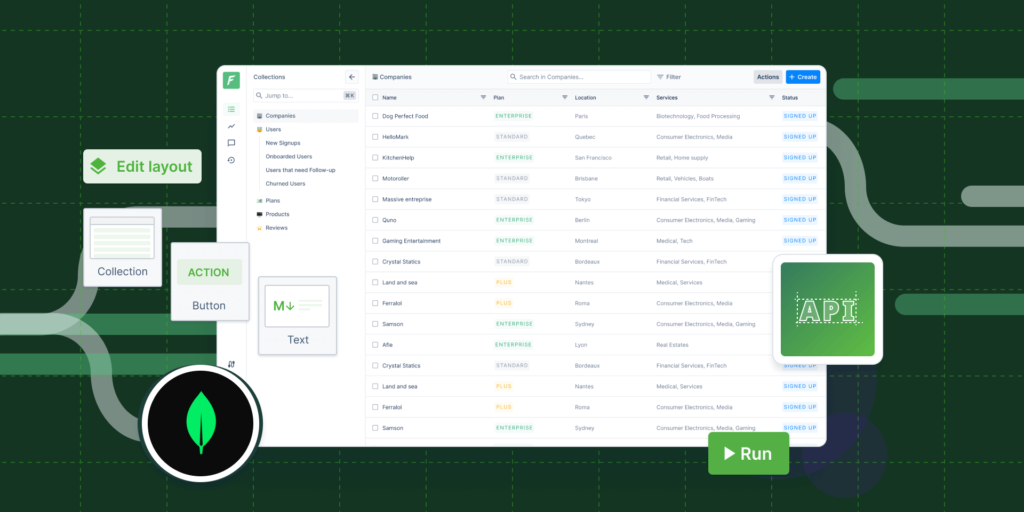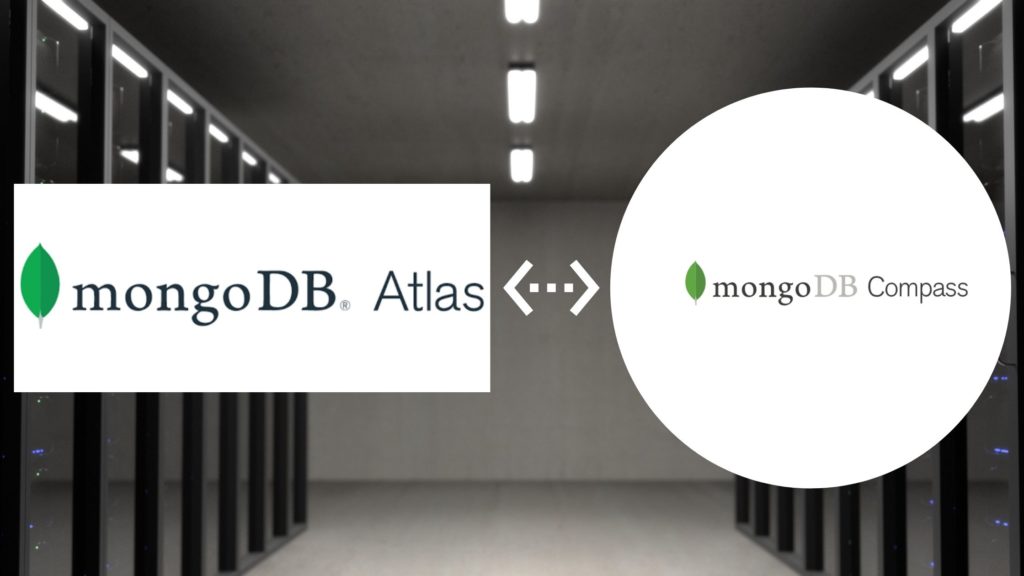MongoDB is a popular NoSQL database system used by developers around the world. It is known for its scalability, flexibility, and ease of use. MongoDB provides developers with various tools to manage their databases, including MongoDB Atlas and MongoDB Compass. In this article, we will compare MongoDB Atlas and MongoDB Compass and help you choose which tool is right for your needs.
MongoDB Atlas
MongoDB Atlas is a cloud-based service that provides managed MongoDB clusters. It offers an easy-to-use interface that allows developers to create, configure, and manage their MongoDB databases with ease. MongoDB Atlas is a fully managed service that provides automated backups, upgrades, and security patches.
One of the main advantages of using MongoDB Atlas is its scalability. It allows developers to scale their databases easily, and it can handle large amounts of data without any issues. MongoDB Atlas also provides global coverage, allowing developers to deploy their databases in multiple regions for low-latency access.
Another advantage of MongoDB Atlas is its security features. It provides end-to-end encryption, network isolation, and access control, ensuring that your data is secure and protected.
MongoDB Compass
MongoDB Compass is a GUI tool that allows developers to visualize and explore their MongoDB databases. It offers an intuitive interface that allows developers to easily create, update, and delete documents, indexes, and collections. MongoDB Compass also provides a query builder, which allows developers to create complex queries without writing any code.
One of the main advantages of using MongoDB Compass is its ease of use. It provides a graphical interface that makes it easy for developers to navigate and manage their databases. It also provides a real-time view of the data, allowing developers to see changes in real-time.
Another advantage of MongoDB Compass is its flexibility. It provides developers with a powerful set of tools for managing their databases, including a query builder, aggregation pipeline builder, and schema analyzer. This makes it easy for developers to work with their data and make changes as needed.

Comparison
Now that we have looked at the advantages of MongoDB Atlas and MongoDB Compass, let’s compare them.
Scalability
MongoDB Atlas is designed for scalability, providing developers with an easy way to scale their databases. It can handle large amounts of data without any issues, and it provides global coverage for low-latency access.
MongoDB Compass, on the other hand, is not designed for scalability. It is a tool for managing and exploring databases, but it does not provide any features for scaling databases.
Ease of Use
MongoDB Atlas provides an easy-to-use interface that allows developers to create, configure, and manage their databases with ease. It also provides automated backups, upgrades, and security patches, making it easy for developers to focus on their applications.
MongoDB Compass also provides an intuitive interface that makes it easy for developers to navigate and manage their databases. It provides a real-time view of the data, allowing developers to see changes in real-time.
Security
MongoDB Atlas provides end-to-end encryption, network isolation, and access control, ensuring that your data is secure and protected. It also provides automated backups and disaster recovery, ensuring that your data is always safe.
MongoDB Compass does not provide any security features. It is a tool for managing and exploring databases, but it does not provide any features for securing the data.
Flexibility
MongoDB Atlas provides developers with a fully managed service that offers automated backups, upgrades, and security patches. It is designed for scalability and can handle large amounts of data.
MongoDB Compass provides developers with a powerful set of tools for managing their databases, including a query builder, aggregation pipeline builder, and schema analyzer. It is designed for exploring and managing databases, but it does not provide any features for scaling databases.
More to read: Different features of MongoDB and how it works

